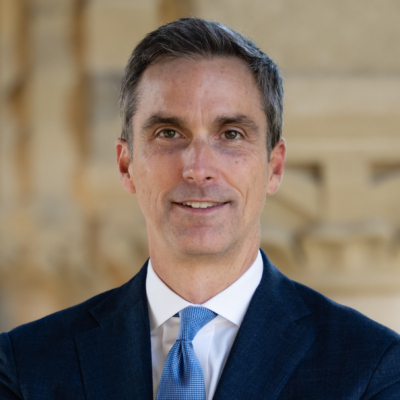Headstrong
Summary
Professor David Freeman Engstrom spoke with California Lawyer‘s Thomas Peele about U.S. ex rel. Landis and why it “is likely to be one of the most watched qui tam cases in memory.”
Lance Armstrong had finally said yes.
“Did you ever take banned substances to enhance your cycling performance?” Oprah Winfrey asked him. It was a question Armstrong had heard countless times before.
“Yes,” he answered for the first time in his life – at least publicly – in a television interview broadcast in January 2013. Years of vehement denials, some under oath, about his cycling career and his seven consecutive victories in the Tour de France – a race he’s called “the toughest event in the world where the strongest man wins” – crumbled away.
…
U.S. ex rel. Landis is likely to be one of the most watched qui tam cases in memory, says David Freeman Engstrom, an associate professor at Stanford Law School who has studied and written about False Claims Act litigation. “Intervention is huge for a case,” Engstrom said: About 90 percent of the time, it signals a recovery for the government and the original complainant.
…
Though Landis lacks the financial wallop of the qui tam cases the government brings against defense contractors and drug companies, Engstrom says it has something less common: human drama. “This case has such a unique character,” he says. “One major athlete taking on another major athlete” – with Landis apparently desperate for money to repay his former donors, and Armstrong seeking to retain the remnants of a financial empire.
Often, Engstrom notes, what forces a qui tam defendant to settle is the threat of being barred from future federal contracts. But Armstrong, facing the loss of tens of millions of dollars, could be that rare defendant who fights to the bitter end, he says.
Such a scenario could mean putting Landis under oath in front of a jury. Engstrom admits that Landis is “not a perfect witness” – more like the wheelman in a drive-by killing who flips on the shooter. Defense counsel could portray him “as an opportunistic whistle-blower who is no different from Armstrong.”
…
At trial, Engstrom says, the government will have to show that it wouldn’t have paid Armstrong a cent if it had known about the doping, just as the Department of Defense wouldn’t pay a contractor if it knew the rotors on a helicopter would detach midflight. Armstrong’s contract clearly called him to race drug-free, and of course he was adamant that he did so, until those five “yeses” changed everything.
Read More
